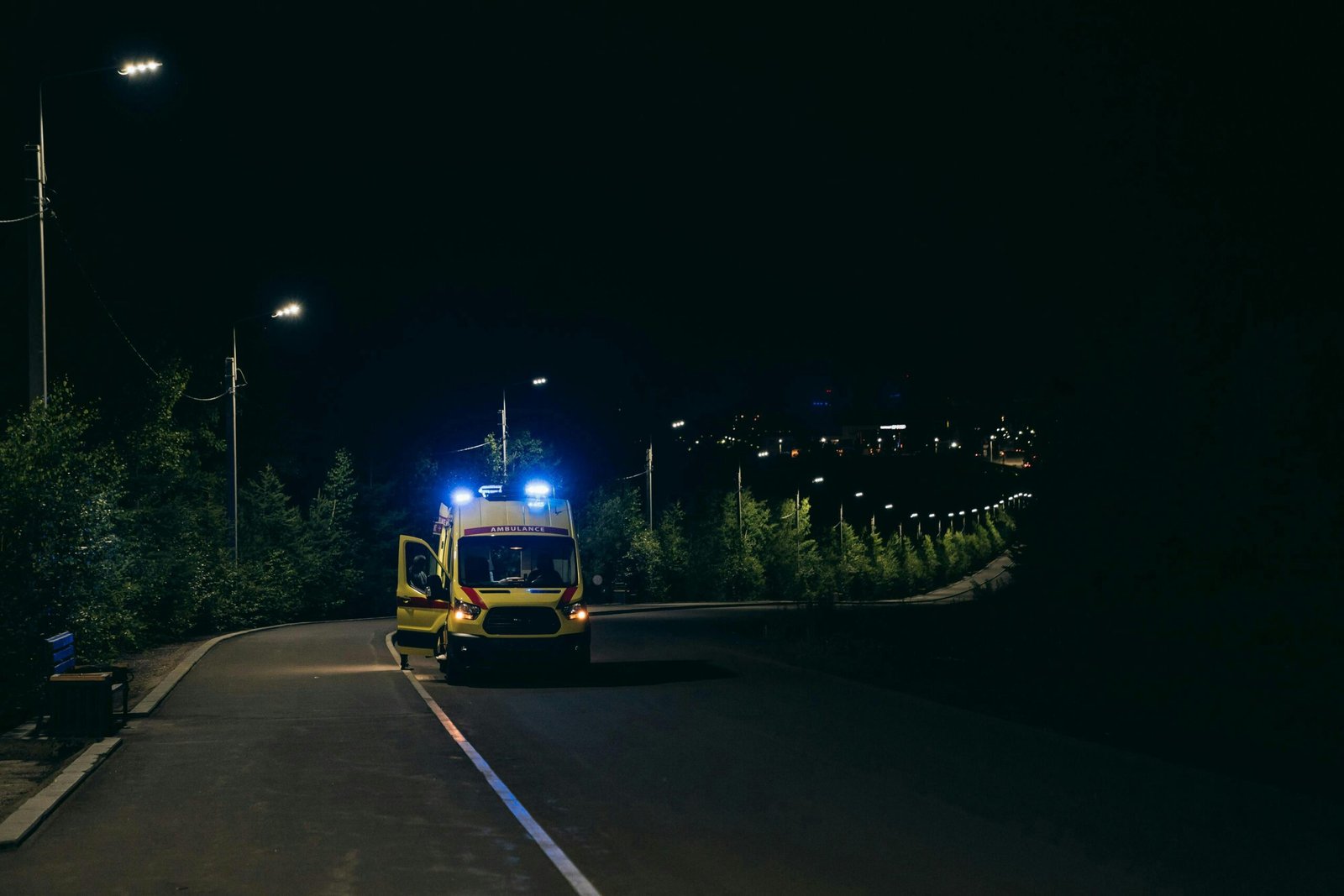A tragic Uber crash in India is reigniting global concerns over platform responsibility and driver fatigue — issues that have drawn increasing attention across Europe in recent years.
The accident took place in Noida, a city outside Delhi, during a 4AM Uber ride to the airport. The victim, on his way to catch a flight to Bengaluru for a business meeting, never made it. According to his family, the driver fell asleep and slammed into a stationary truck on the DND Expressway. The crash was fatal.
But it’s what happened next that shocked the family most.
“No one from Uber or emergency services told us,” said Shriti Arora, the victim’s daughter. “His iPhone crash detection notified us. When we arrived, he was still in the car. No help, no humanity.”
The driver claimed a tyre burst caused the crash — a version the family disputes with photographic evidence. “There’s no sign of a flat. He fell asleep. My father paid the price.”
As in parts of Europe where gig economy platforms face increased scrutiny, the case raises serious questions: Are tech companies doing enough to monitor driver fatigue? What responsibilities do they carry once a ride ends in tragedy?
Despite mounting public attention, Uber’s response has been minimal. The company only contacted the family after a social media post went viral — asking merely for the registered phone number.
With Father’s Day marked around the world, the family’s grief is intensified by what they say is a total absence of accountability.
For Europe — where debates around worker protections and platform ethics continue — this tragedy serves as another chilling reminder: In the algorithm-driven economy, human lives can fall through the cracks.

